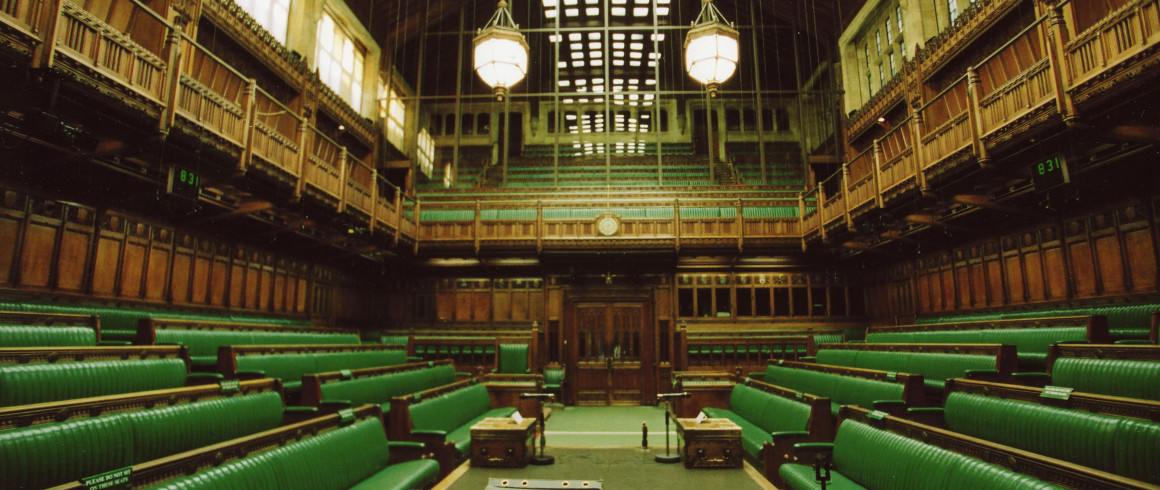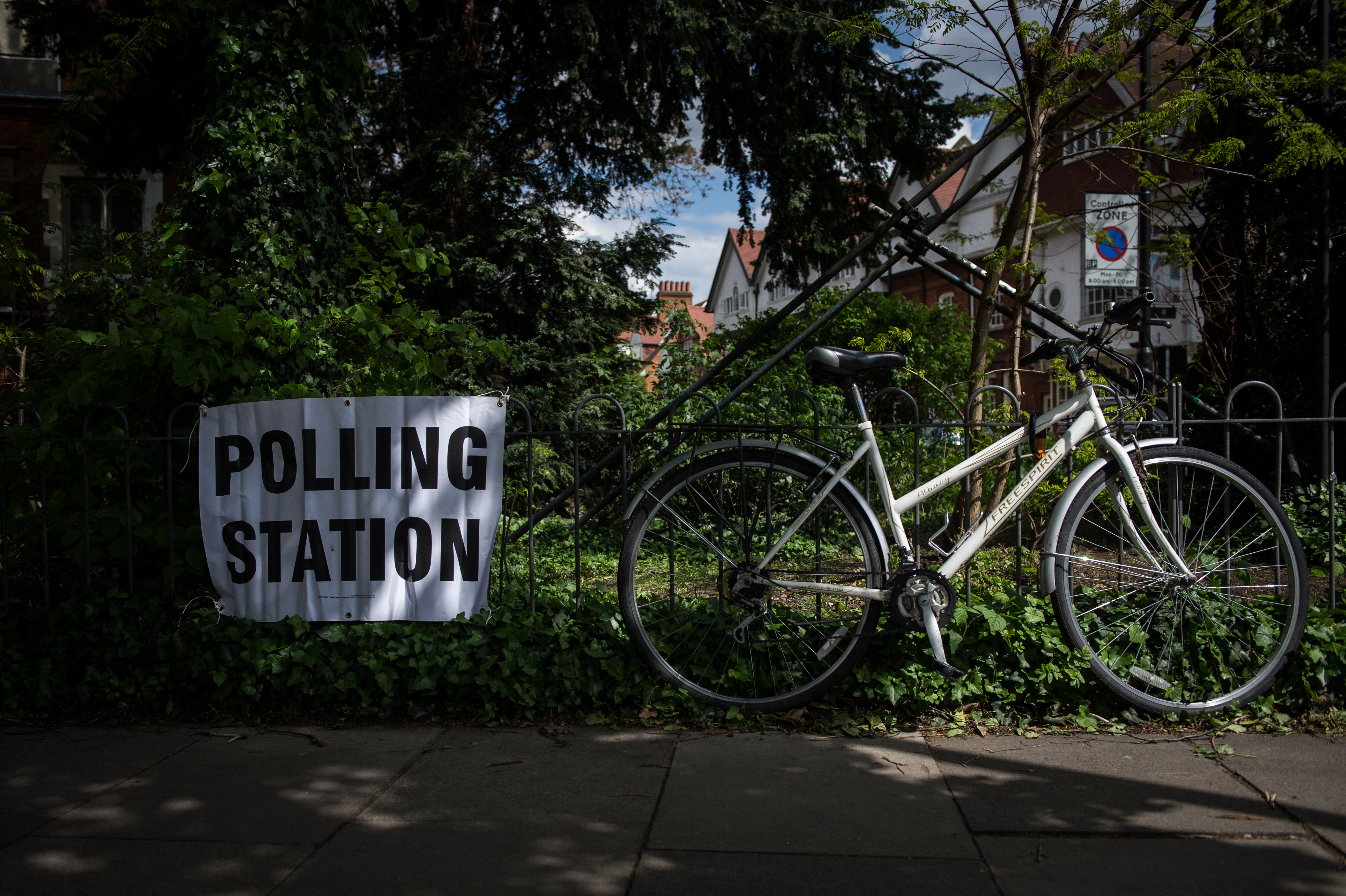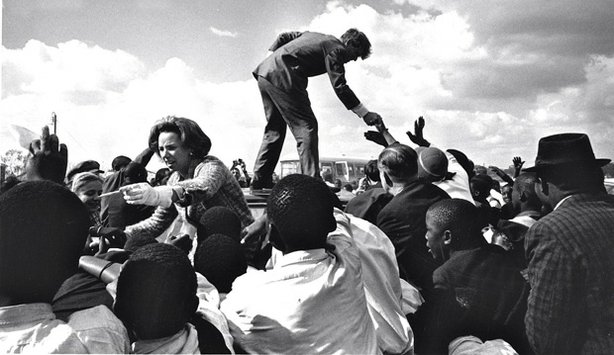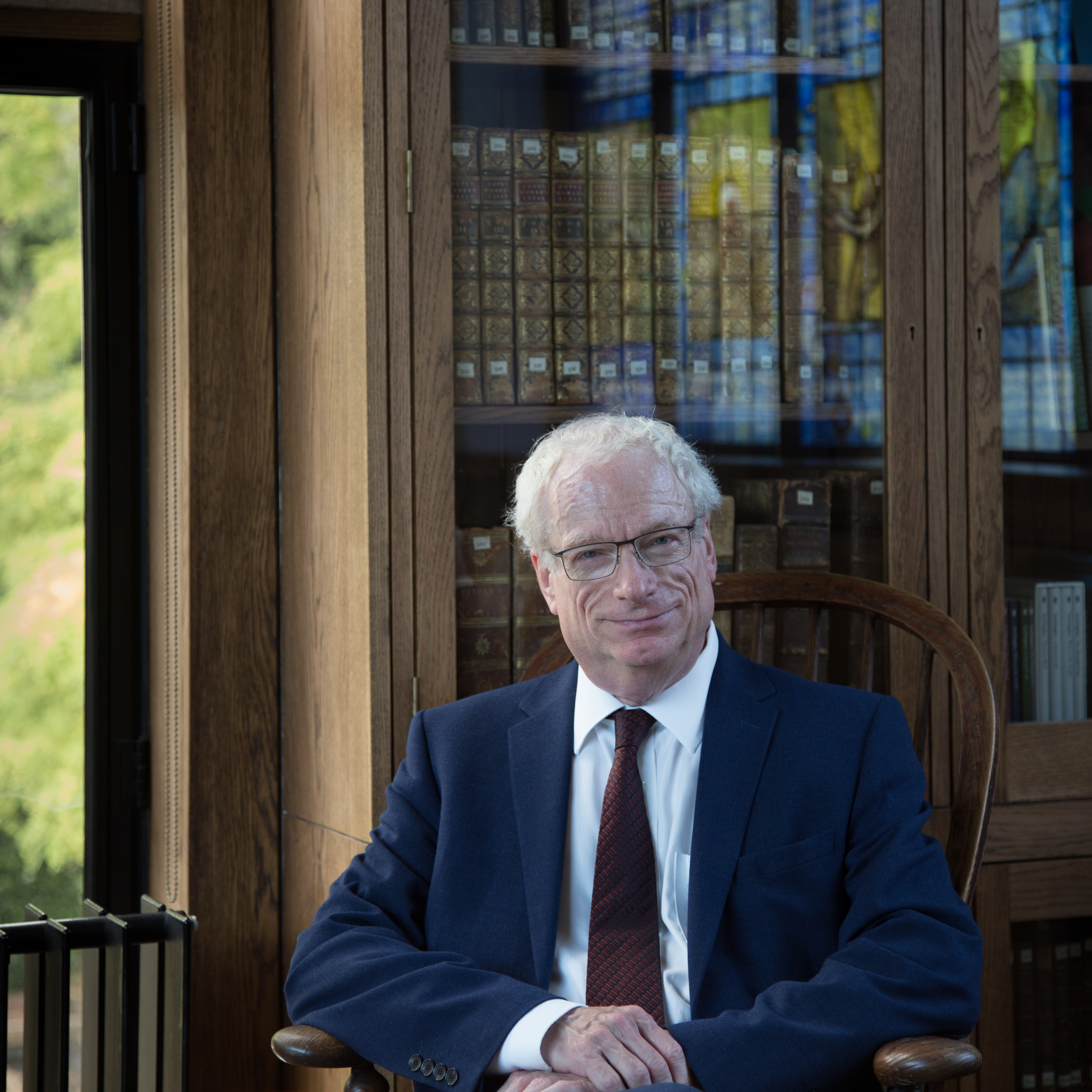February 2024 - The Master
For those born at the start of the 20th century, the so called 'Greatest Generation', they prophesized that things were sure to get better in what became the post-war consensus and that their offspring, the Babyboomers, would be the generation that had it better than all those who came before.
Looking to our youth now, it seems that they will be the generation that have it far worse than many who have come before and yet it will fall to them to pick up the pieces and become the greatest generation of this new century writes our Master, Chris Smith.
At the Barham Dinner for our graduating students, each year, I frequently find myself having to apologise to our bright, young, energetic, socially concerned graduands, for the condition of the world we – my generation – are bequeathing to them. A planet in peril, a continent riven by war, a country where nothing seems to work any more, an economy in recession, a health service in tatters, a politics in chaos: we haven’t done a terribly good job, have we?
I feel particularly guilty because everyone of my generation who was fortunate enough to go to university (and there were only 10% of us at the time) emerged not only with a degree but without any debt or outstanding loan hanging over us. We were lucky. We had to rely a bit on the bank of Mum and Dad if it was remotely available, but we didn’t accumulate the overhang of debt that will affect every single student who now graduates. It’s a situation that has ultimately to be resolved politically – it can’t continue in precisely this way – but the nation’s economy will have to be in better condition before it can be sorted out.
There is however a fundamental political problem in all of this. Politicians the world over – and especially here in the UK – pander to the old in the electorate, not to the young. On the whole this is because older people are much more reliable at voting than young people are. This fact skews the whole of public policy-making; and governments are much better at coming forward with policies that benefit older people than they are at thinking about the interests of younger people. Take the Brexit referendum. It has disastrously blighted the futures of young people in this country. And we all know that younger people voted overwhelmingly Remain, and older people voted overwhelmingly Leave. But the most significant statistic is this: of those eligible to vote under the age of 25, 60% voted. (This is of course far more than vote normally in a general election.) But of those eligible to vote over the age of 65, the percentage who voted was 90%. In those two figures, of 60% and 90%, you have the result.
"A planet in peril, a continent riven by war, a country where nothing seems to work any more, an economy in recession, a health service in tatters, a politics in chaos: we haven’t done a terribly good job, have we?"
Small wonder, then, that politicians will pitch to older voters rather than to younger ones. But this absolutely isn’t the best way of deciding priorities, or thinking about how policy should be made. It also encourages short-termism, leading politicians to think only about the next five years rather than the next fifty. But if we’re sensible about policy-making we will look forward, in order to tackle the big challenges that are heading our way. How are we going to cope with the climate crisis, with the development of clean energy, with the advance of AI? These are long-term issues, and they demand a long-term approach. Yet all the politics of our time bends towards short-termism and adapts automatically to the views and interests of the elderly. It shouldn’t be this way. It’s time for the young to seize the political agenda, and for the politicians and governments of the world to take notice.
I believe it not only can and must happen, but that it will. My greatest hope for the world around us is that it’s a new, young generation who will take control and make the decisions of the future. The late great Robert Kennedy spoke to the students of Cape Town University in 1966 – at the height of apartheid – and said: “Each time a man stands up for an ideal, or acts to improve the lot of others, or strikes out against injustice, he sends forth a tiny ripple of hope, and crossing each other from a million different centres of energy and daring, those ripples build a current which can sweep down the mightiest walls of oppression and resistance.” It can happen. It will happen. A new generation will take the lead.
Chris Smith, February 2024



